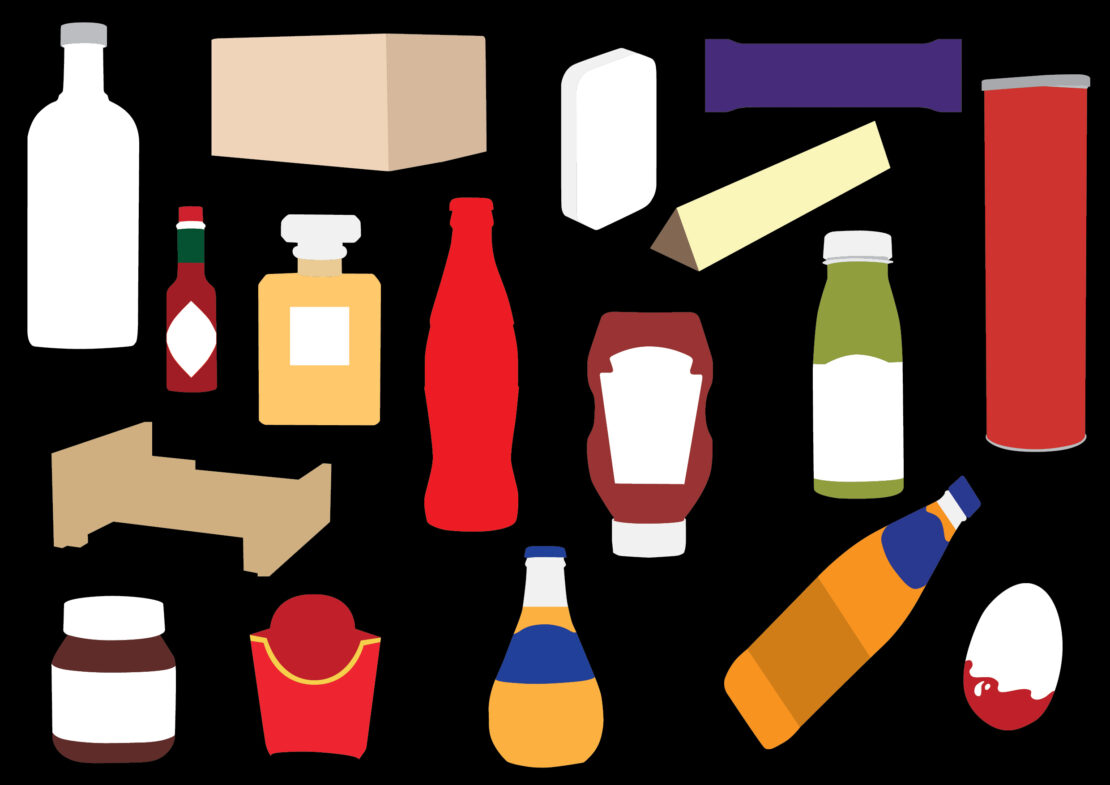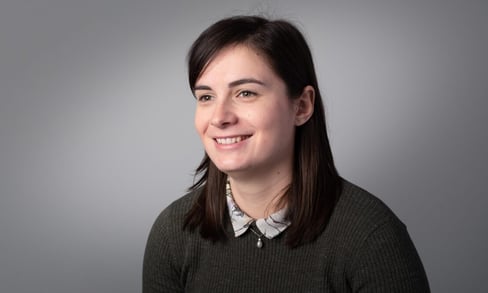
We've got a problem, a packaging problem.
October 2020
By Francesca Stephens - Product Designer at 42 Technology

Packaging has been at the forefront of the media recently with many familiar and often iconic brands receiving criticism.
Many of these brand owners have been making changes to their packaging to address difficulties in recyclability – some more impactful than others.
Mixed-material packaging is widely used in snack food, confectionery and beverage packaging. It has been driven to success by requirements to improve cost, extend shelf life, and provide an attractive print finish. Also, to enhance usability and ease manufacture. Unfortunately, the specialist machinery and labour required to separate bonded materials mean that mixed-material packaging is not widely recycled.
Increased consumer awareness
Consumers are increasingly responsible for hand-sorting their own waste and are becoming more aware of wider environmental consequences. Greater concern in ocean waste, climate change and sustainability is spreading across the western world and beyond.
The packaging used for many of our favourite products is becoming a liability for brand owners. Recent high-profile examples have demonstrated that it is not only possible to design sustainable packaging – it’s going mainstream.
Of course, eliminating single-use plastics and mixed materials means it won't be quite as simple to achieve the desired characteristics. Business models might need to adapt. Materials will change, and a more inventive design is needed - ensuring consumer experience does not suffer as packaging sustainability improves.
Adapt or be gone
42 Technology has worked with several clients’ packaging groups to help them design for a circular economy – which is based on the principles of designing out waste and pollution, keeping products and materials in use, and regenerating natural systems.
Our work has involved the adaptation of complex mixed-material packaging for recycling or better disassembly by the consumer. In each case, the project hinged on our ability to combine a knowledge of material properties with an inventive approach to mechanical engineering and a user-centred approach to product design.
Another end of life option is composting, where we have experience in helping our clients replace existing single-use plastic with compostable alternatives. This was carried out through exhaustive materials research and analysis, as well as considering new product design.
This is what we do
How can 42 Technology help you with your problematic packaging? Please contact Francesca to learn more about our expertise in this area.

Francesca Stephens: answers@42T.com | +44 (0)1480 302700
Francesca graduated with first class honours Masters in Product Design Engineering from Glasgow School of Art. She is a passionate, creative and logical thinking product designer. Her experience includes concept generation, visualisation, CAD, inclusive design and packaging design. She is circular design lead at 42 Technology and has a keen focus on human factors.
Share this article:
Related Articles

Consumer, Sustainability
The refillable revolution - the sustainable future of grocery shopping

Sustainability, Industrial
The surge in the global Blue Economy - what role for deep tech?

Sustainability, Industrial
The hydrogen economy - solving difficult challenges towards energy transition

What will you ask us today?
We believe in asking the right questions to drive innovation; when we know the right questions, we generate the ideas to answer them.

